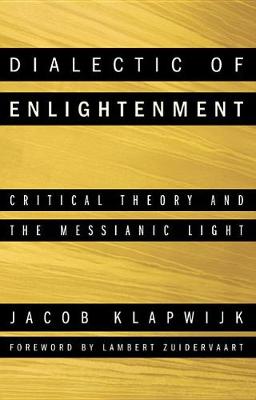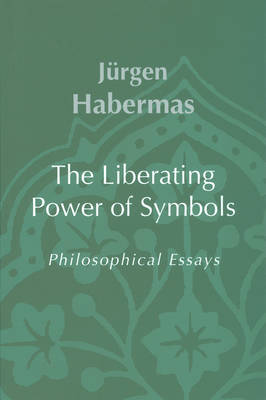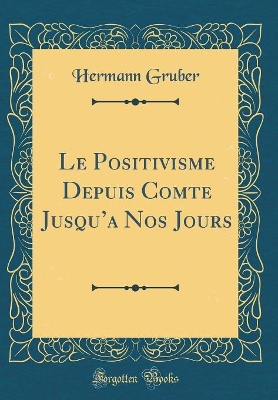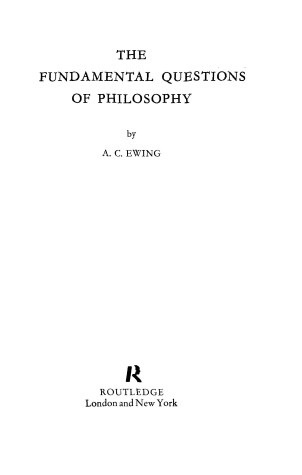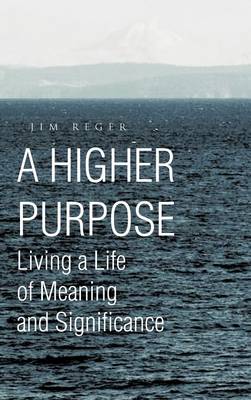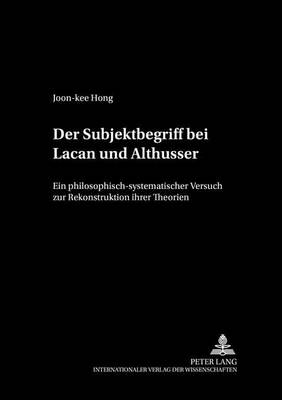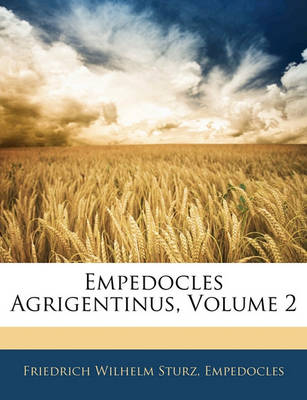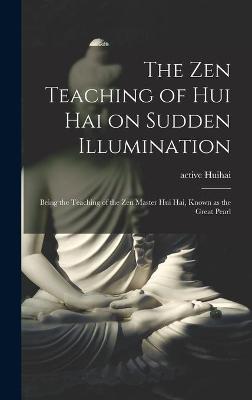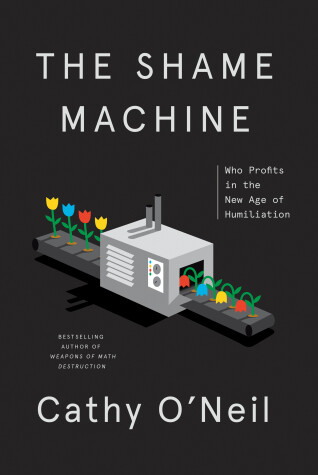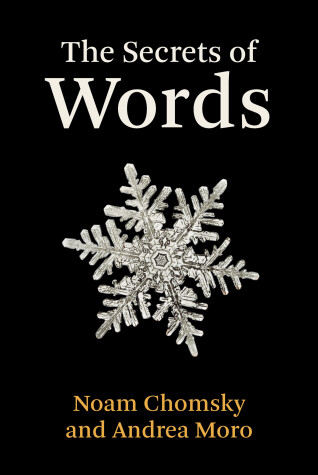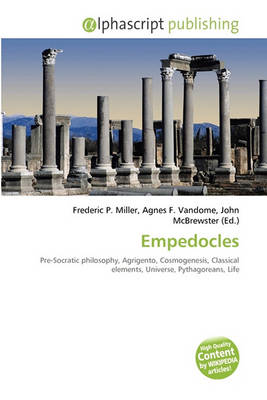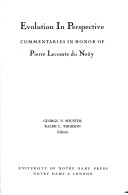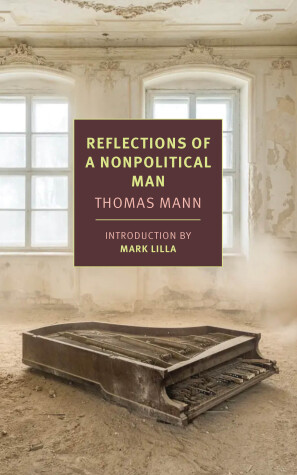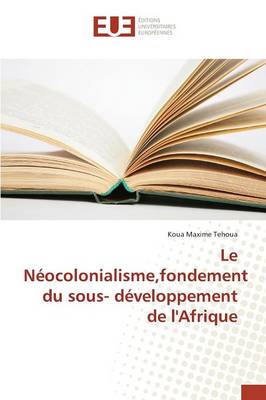In Knowing the Unknowable God, David Burrell traces the intellectual intermingling of Muslim, Jewish, and Christian traditions that made possible the medieval synthesis that served as the basis for Western theology. He shows how Aquinas's study of the Muslim philosopher Ibn-Sina and the Jewish thinker Moses Maimonides affected the disciplined use of language when speaking of divinity and influenced his doctrine of God.
The Liberating Power of Symbols (Studies in Contemporary German Social Thought)
by Jurgen Habermas
In this new collection of lectures and essays Jurgen Habermas engages with a wide range of figures in twentieth--century thought. The book displays once again his ability to capture the essence of a thinkera s work, his feeling for the texture of intellectual traditions and his outstanding powers of critical assessment. Habermas has described these essays as a fragments of a history of contemporary philosophya . The volume includes explorations of the work of Ernst Cassirer, Karl Jaspers and Ger...
Le Positivisme Depuis Comte Jusqu'a Nos Jours (Classic Reprint)
by Hermann Gruber
Deals not only with the crucial questions of mind, matter, truth, analyticity, space, time and God, but also discusses what philosophy is and why it is worth studying.
Der Subjektbegriff Bei Lacan Und Althusser (Philosophie Und Geschichte Der Wissenschaften, #43)
by Joon-Kee Hong
Jacques Lacans Ruckkehr zu Freud ist auch im deutschsprachigen Raum wieder von grosser Aktualitat. Es handelt sich um eine 'philosophische' Ruckkehr. Die vorliegenden Untersuchungen zur Metapsychologie (Freud), Epistemologie (von Descartes bis Husserl und Heidegger), Logik (Hegel, Frege, Kripke) und Sozialphilosophie (Althusser) sind der Rekonstruktion der Lacanschen Psychoanalyse und des Verhaltnisses von Psychoanalyse und Philosophie gewidmet. In ihrem Zentrum steht eine logisch-philosophische...
Erwachsenenpadagogik in Der Erziehungswissenschaft Im 20. Jahrhundert (Gesellschaft Und Erziehung, #14)
by Werner Naumann
Genealogy of the John Pleasant Burton Family / Comp. by Nellie M. Starkey Knox and Wilson Burton Starkey.
Empedocles Agrigentinus, Volume 2
by Friedrich Wilhelm Sturz, Empedocles, and Friedrich Wilhelm Empedocles
Travels of Anacharsis the Younger in Greece, During the Middle of the Fourth Century Before the Christian Era; 6
NEW YORK TIMES EDITORS’ CHOICE • A clear-eyed warning about the increasingly destructive influence of America’s “shame industrial complex” in the age of social media and hyperpartisan politics—from the New York Times bestselling author of Weapons of Math Destruction “O’Neil reminds us that we must resist the urge to judge, belittle, and oversimplify, and instead allow always for complexity and lead always with empathy.”—Dave Eggers, author of The Every Shame is a powerful and sometimes useful...
Two distinguished linguists on language, the history of science, misplaced euphoria, surprising facts, and potentially permanent mysteries. In The Secrets of Words, influential linguist Noam Chomsky and his longtime colleague Andrea Moro have a wide-ranging conversation, touching on such topics as language and linguistics, the history of science, and the relation between language and the brain. Moro draws Chomsky out on today’s misplaced euphoria about artificial intelligence (Chomsky sees “lot...
Ovnis - Los Documentos Secretos de Los Astronautas
by Antonio Las Heras
Evolution in Perspective
A classic, controversial book exploring German culture and identity by the author of Death in Venice and The Magic Mountain, now back in print. When the Great War broke out in August 1914, Thomas Mann, like so many people on both sides of the conflict, was exhilarated. Finally, the era of decadence that he had anatomized in Death in Venice had come to an end; finally, there was a cause worth fighting and even dying for, or, at least when it came to Mann himself, writing about. Mann immediately...
Le Neocolonialisme, Fondement Du Sous- Developpement de l'Afrique (Omn.Univ.Europ.)
by Tehoua-K
Feuerbachs Wesen des Christentums und seine Religionskritik
by Simon Knopf
